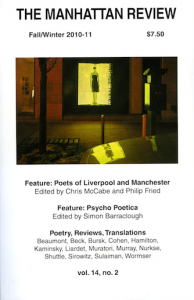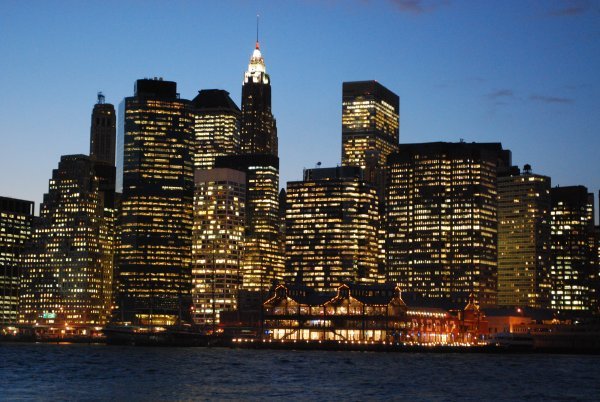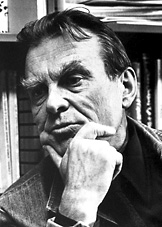The worst dinner party ever: Czesław Miłosz, Zbigniew Herbert, and the lady who watched the fight
Wednesday, March 30th, 2011Poland’s biggest postwar literary fight erupted not in Warsaw or Kraków, but in an otherwise quiet Berkeley home one evening in the summer of 1968, after some serious drinking
During the Columbia University launch for An Invisible Rope: Portraits of Czesław Miłosz on Monday night, noted translator and scholar Bogdana Carpenter departed from the planned script to break her silence on the event – for the second time ever.
She ought to know. She was not only there, she and her husband and fellow translator John Carpenter hosted the dinner, which included poets Czesław Miłosz and Zbigniew Herbert. She said distorted versions of the event that have left the Polish intelligentsia bickering ever since.
“It started out happy and gay,” she recalled of the evening — a pleasant, spicy meal with plenty of wine. After dinner, Herbert’s tone became “harsher and harsher,” Bogdana recalled. “When he was drunk he tended to be aggressive – and this time it was too late.” Herbert’s thoughts turned to the German occupation of Poland during World War II.
“He viciously attacked Miłosz – he reproached him for his lack of participation in the Polish resistance,” said Bogdana. The evening was so acrimonious that Janina Miłosz forbade Herbert ever to enter the Miłosz abode again.
However, “it’s become known in a distorted version,” Bogdana said of the story. Typically, it is claimed that Miłosz provoked the incident by suggesting that Poland be added to the Soviet Empire as the 17th republic. Bogdana said this comment never happened. The provocation was invented by Herbert twenty years after the event, she said.
For Miłosz, questions of patriotism were always sensitive – both because of his position with the Communist government as a cultural attaché, and then again because of his 1951 defection in Paris, which meant he was barred from Poland until the 1980s.
The basis of the dispute, said Bogdana, was the two poets’ notion of homeland, and what it required from them.
Herbert believed one should be willing to “sacrifice one’s own happiness and life,” she said. While some have attributed Herbert’s position to the “Polish Romantic paradigm,” Carpenter said its roots are “further back – in the Hellenistic tradition.”
“Miłosz differed diametrically.” For Miłosz, loyalty had its limits – “when the price was other people,” she said, he could be “scathingly critical.” His position was that “loyalty is not enough – one seeks logical justification” for self-immolation. Miłosz’s defined his “homeland” as the Polish language. “Miłosz’s chosen weapon was the word, not the sword,” said Bogdana. “Language defined him.”
Bogdana Carpenter pointed out that “Herbert was not in Warsaw in 1939, 1942, or 1944.” Milosz witnessed the destruction of Warsaw firsthand. Patriotism was not the question. She pointed out that during Nazi occupation, Miłosz compiled an anthology of anti-Nazi poetry – An Invincible Song (1942) – “for which he easily could have lost his life.”



























